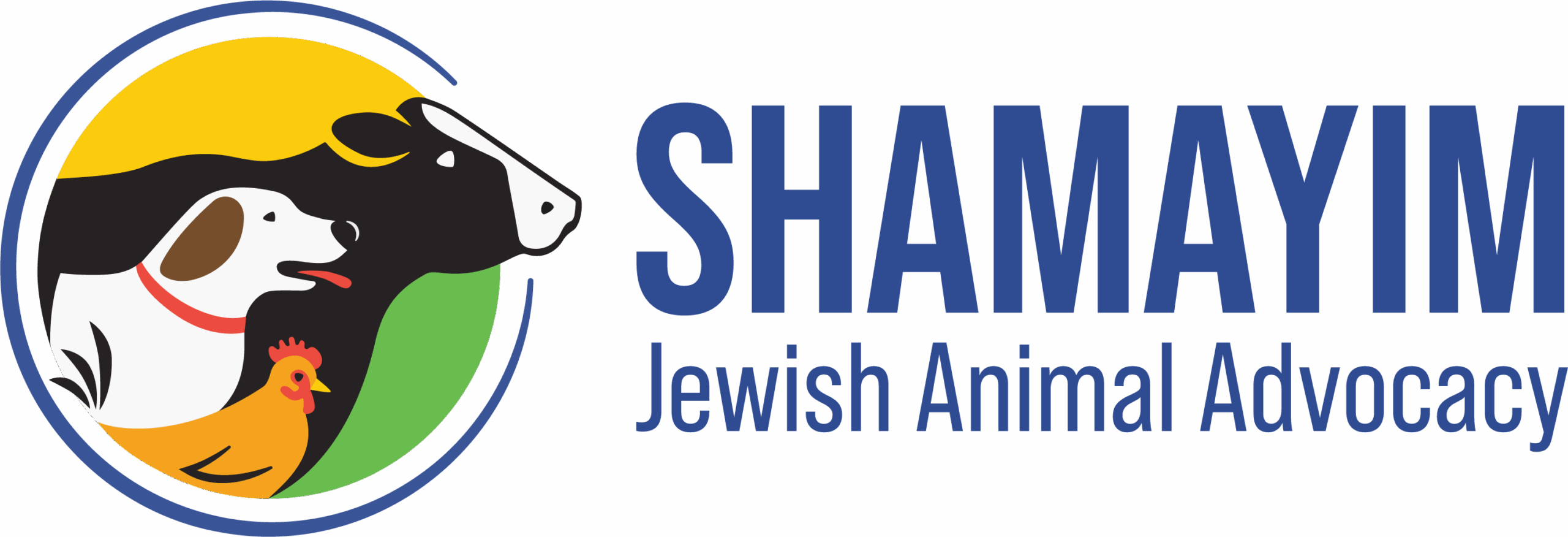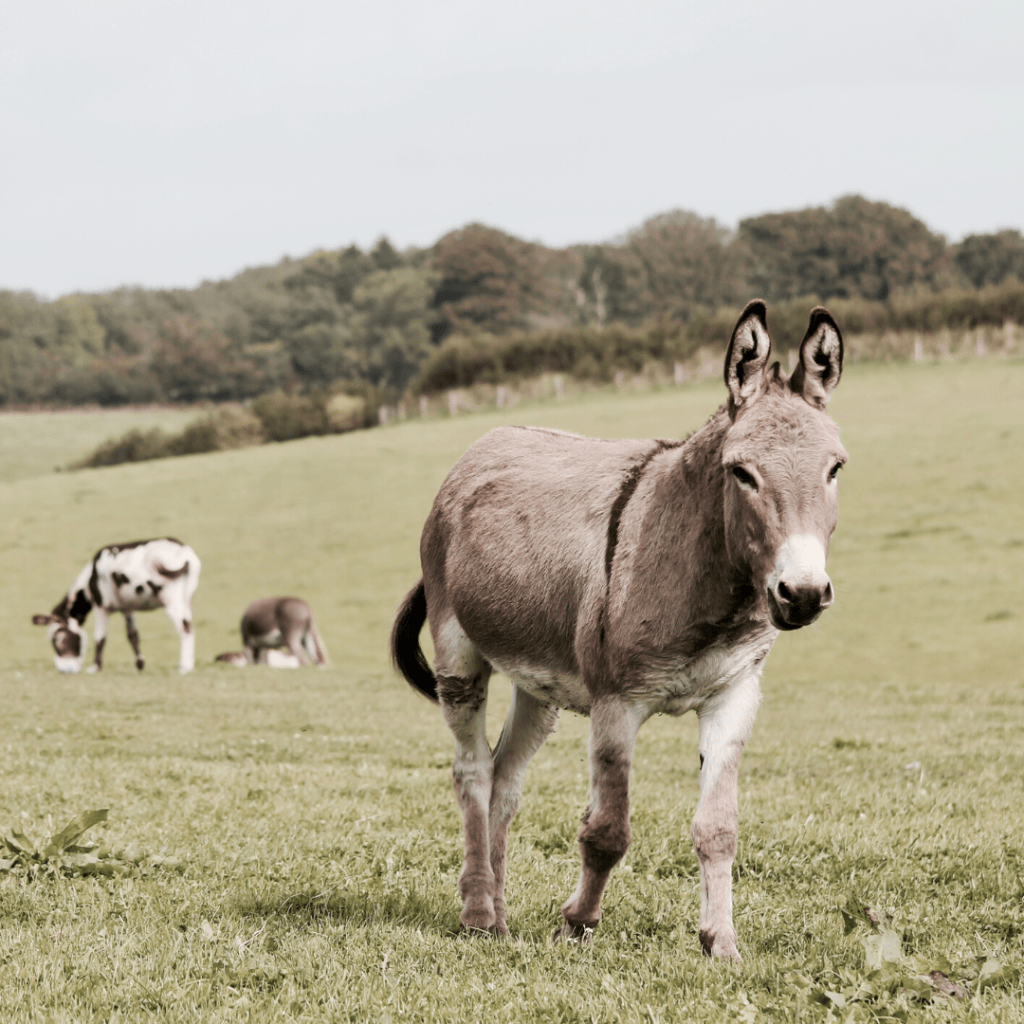February 20th, 2020
ALEX WEISZ
The majority of Parashat Mishpatim is a dense recitation of laws given from God to Moses at Mt. Sinai to share with the Israelites. From controversial passages regarding the laws of indentured servants to some of the foundational verses for Jewish civil law1 , kashrut2 , and treatment of immigrants3 , Parashat Mishpatim has quite a bit to unpack. Contextually, these numerous laws are the manifestation of the Israelites’ designation as a holy nation just a few chapters back – they must live up to certain standards and within these parameters as a part of that role. Nevertheless, there is a particularly notable verse in here, from which derives the halakhic principle of tsar ba’alei chayim, not harming animals, which is found in the fifth verse of chapter 23: “When the donkey of your enemy is lying under its burden and refuses to get up, you must nevertheless raise it with him.” The language here is terse, but the Rabbis and commentators understand this verse as when a beast of burden is exhausted from being made to carry too much weight and cannot get up, one is obligated to relieve the animal of its load. The Torah does not forbid utilizing these animals for transporting goods – however, it requires us to step in when the animal is being treated cruelly.
From this verse, the halakhic principle of tsar ba’alei chayim was born, and has been utilized for centuries to forbid cruelty to animals, from the prohibition to hunting for sport and consumption of veal, and so much more. It’s legacy has been written about extensively. Nevertheless, this week I found myself puzzled not by the verse itself, but by its placement! And I am not alone in my perplexity – the great fifteenth-century Torah commentator Don Isaac Ben Yehuda Abarbanel shared this sentiment. Certainly the Torah does not organize its laws by subject, nevertheless it is sandwiched by several verses pertaining to the same, seemingly unrelated topic: laws of the courtroom! Chapter 23 of Exodus begins with three verses about the courtroom – forbidding perjury and demanding impartiality from judges, followed by the above verse about relieving an overburdened animal and an additional verse about returning a lost animal to its owner. This would not be particularly noteworthy, were it not for the following verses that return to the courtroom, forbidding perversion of justice for the poor, forbidding a wrongful capital punishment, and the prohibition of bribary!
Why, in the midst of several verses regarding courtroom procedure, would the Torah change the subject to animal welfare? Though we cannot know with certainty, perhaps the Torah does not regard these matters to be as unrelated as they may seem. This parsha is concerned with justice, literally named Mishpatim (the Hebrew word for laws), and presents numerous laws for the Israelites to abide by. The verses that are almost the exact middle of this parsha are these verses pertaining to the courtroom, the setting in which laws are enforced and where justice is ideally served. At the heart of these particular verses, the Torah reminds us to be compassionate and just not only to other people, but to animals as well. In its own way, here the Torah is reminding us that kindness to all of God’s creation is the very heart of justice. Even gematria, Hebrew numerology, supports this idea: all of this takes place in the twenty-third chapter of Exodus – flip those digits and we have the number 32, the numerical equivalent of the Hebrew word לב, meaning heart.
Just as the heart is a vehicle for justice, it cannot accomplish much without its partners, the hands, who assist the heart in fulfilling its will through action. This is why when we learn from the verses of the Shema that the words should be “upon [one’s] heart”, we bind the tefillin on the arm facing the heart, as they are intimately connected. Likewise, we learn that God lovingly rescued the Israelites from Egypt with an outstretched hand! Therefore, during the daily recitation of Psalm 145, traditionally people touch and kiss their tefillin during the line “פּוֹתֵ֥חַ אֶת־יָדֶ֑ךָ וּמַשְׂבִּ֖יעַ לְכָל־חַ֣י רָצֽוֹן׃/You give openhandedly, feeding every creature to its heart’s content.” In order to demonstrate our values, they must be reflected in one’s actions. As the great sage Shammai taught4 “Speak little, but do much, and greet all with kindness.” Values are not abstract ideas or concepts – compassion, justice, love, faith – are meaningless without action. This is a fundamental idea of Judaism, and the idea at the heart of justice, compassion to animals, requires action through the choices we make as individuals and as a people.
May we see a day soon when all people open their hands and hearts to all of God’s creation! Until that day, we must persist, demonstrating precisely the open-handed and open-hearted compassion and justice that we want to see in the world.
Shabbat Shalom.


Leave a Reply